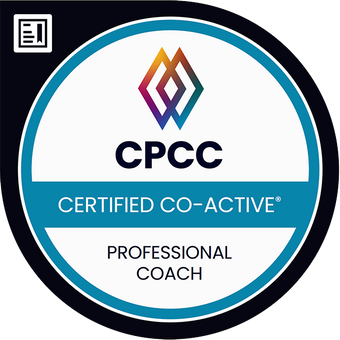Have you ever tried to convince someone without good arguments? Difficult. Therefore, every negotiation specialist would give you the good advice of understanding the resonating arguments leading to the expected goal. The driving reasons. The so called “why”.
What I see – in society and especially also in the corporate world is, that the good arguments of complying are often either missing or not communicated. If it is the latter, there is room for improvement by working on the communication part. If the arguments are missing, we have another significant issue putting the entire organization at risk.
Let us focus on supporting our teams to comply.
Are you hitting the “crisis fatigue”?
Yes, this term definitively exists and health specialists, know about this symptom for decades. The actual pandemic is not the first crisis impacting individuals and organizations, but the uniqueness is seen as it all affects us at the same time.
The “crisis fatigue” is a reaction and symptom that grows the longer the crisis lasts. Depending on the country we are, it lasts for up 10 months (other sources would even say for longer). The upcoming autumn and winter season on the northern hemisphere will not support a release in that tension at all.
When a person feels they have no control over the current situation (or responsibilities) this can lead to the individual impression or feeling that nothing they do really matters for good. This circumstance can seriously affect a person’s mental end emotional health.
In the current situation of the COVID-19 pandemic this fatigue can manifest in carelessness by not following the instructions of social distancing, staying in their home-office and/or wearing masks.
A short guidance on coping the “crisis fatigue”
- Communicate: listen and talk to your team, family, friends
- Awareness: be aware of causes for stress
- Identify, what you have under control
- Keep daily work- and personal routines for you and your team
- Stay in contact and be connected
- Recognizing changes in behaviour in our environment (at work, family, and friends)
- SPEAK UP! To your supervisor, colleague, friend, or family.
It was never more important to SPEAK UP as it is in these times and we all know that misbehaviour or even worst – people at risk – are most often detected by this method.
What does it mean for corporates?
Have you ever thought about what “crisis fatigue” could mean in the corporate world? Not only on individual level? What I still see is, the risk of having to many rules to comply with which are not effectively implemented. Having said that I focus on the implementation process starting at the very beginning. With the question: what is this rule for?
I immediately hear all the voices telling me that these rules are implemented for the regulators, auditors, etc. But hardly to protect our employees, our business, our partners, our clients our community. Compliance helps us to protect our crown jewels – if we do it properly and with the mindset of business-driven compliance.
Like in the pandemic situation where we all do not know how long it will last nor what will protect us, we face the risk of losing the commitment to comply.
The longer you must comply the more important is the understanding of the “why” we must comply.
Therefore, our all goal should be to implement rules which are understood. If we can not do so on a society level then we should at least start in our families, organizations and wherever we have the power to positively impact.
Which is your next rule you have to re-think to make sure that people understand the goal to avoid “fatigue”? I am curious to read about it.
Yours,
Sonja




